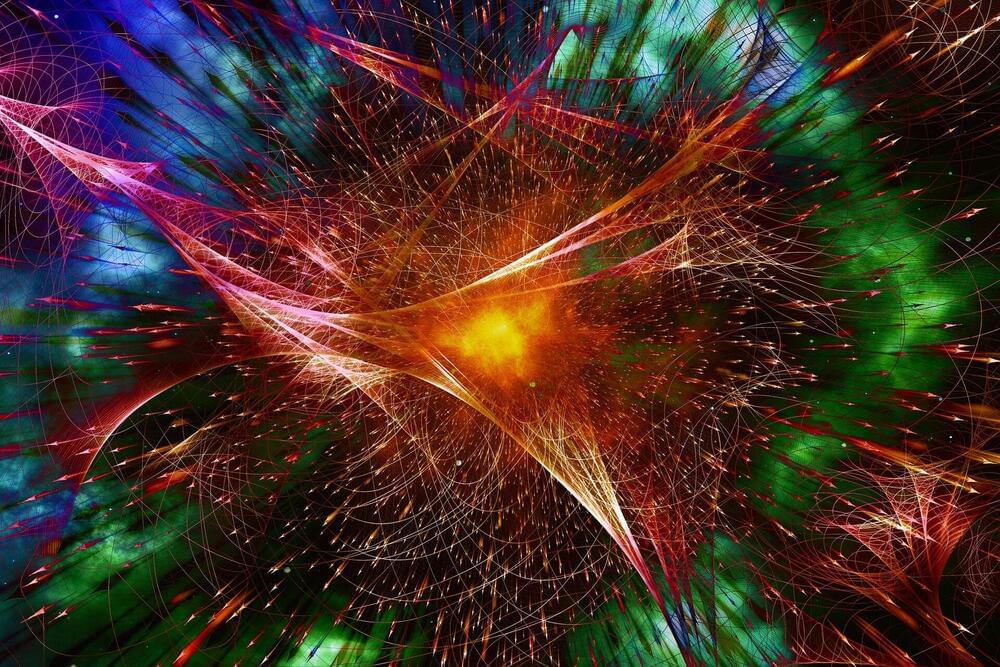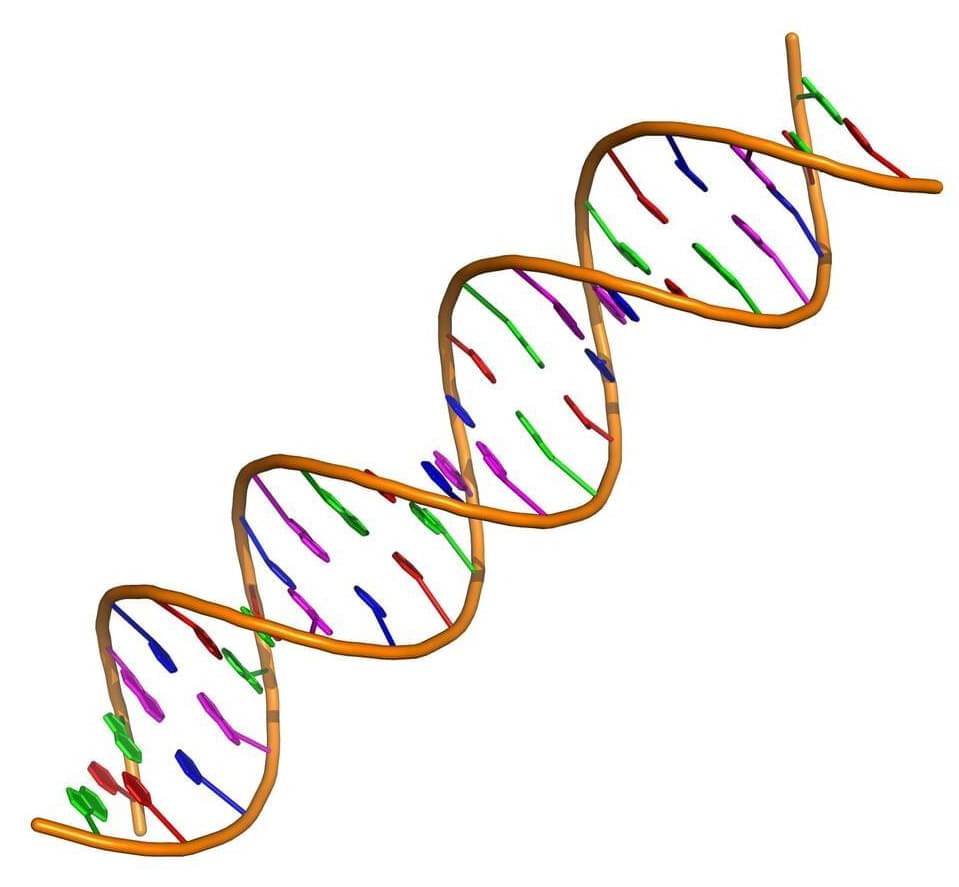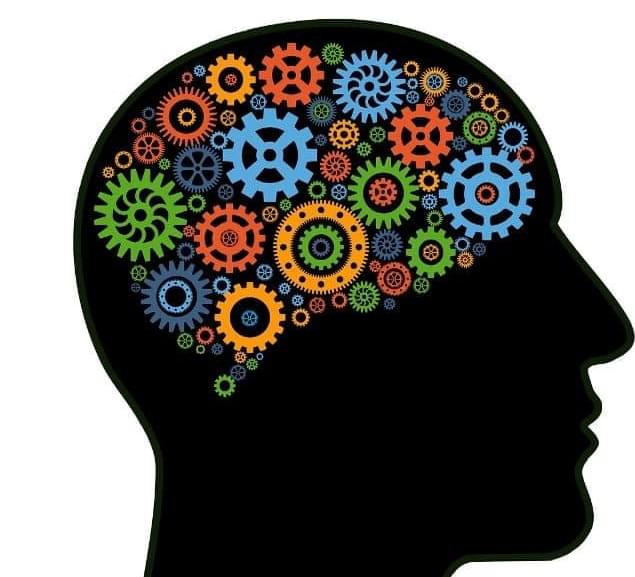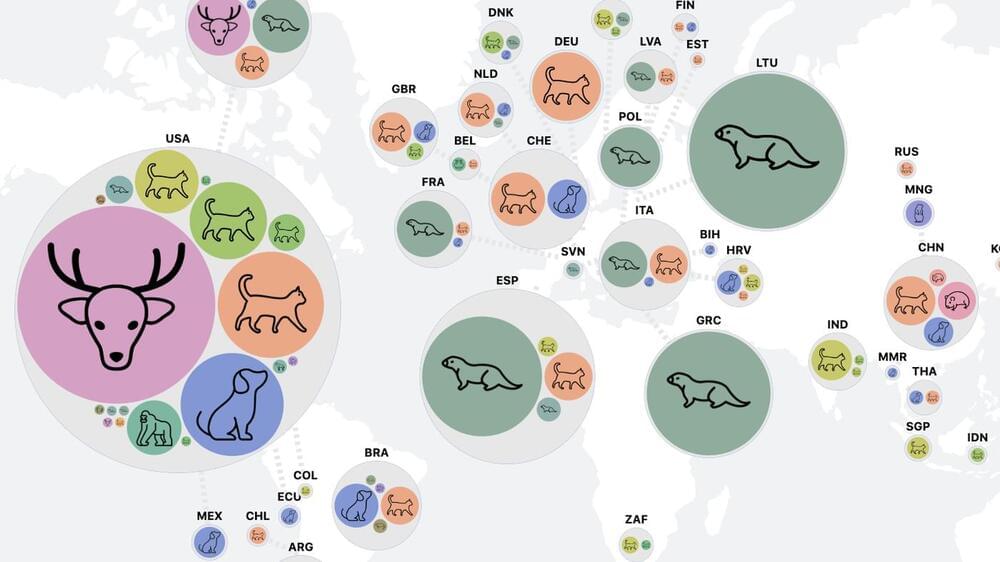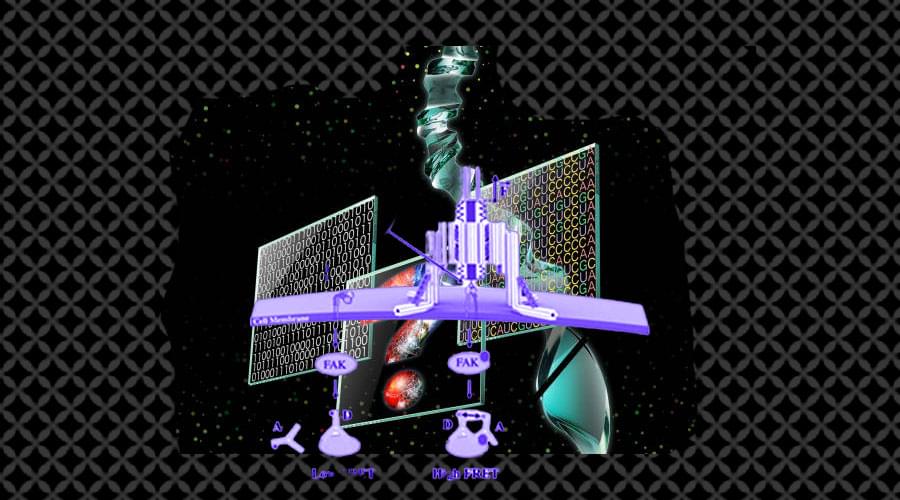One of the cornerstones of the implementation of quantum technology is the creation and manipulation of the shape of external fields that can optimize the performance of quantum devices. Known as quantum optimal control, this set of methods comprises a field that has rapidly evolved and expanded over recent years.
A new review paper published in EPJ Quantum Technology and authored by Christiane P. Koch, Dahlem Center for Complex Quantum Systems and Fachbereich Physik, Freie Universität Berlin along with colleagues from across Europe assesses recent progress in the understanding of the controllability of quantum systems as well as the application of quantum control to quantum technologies. As such, it lays out a potential roadmap for future technology.
While quantum optimal control builds on conventional control theory encompassing the interface of applied mathematics, engineering, and physics, it must also factor in the quirks and counter-intuitive nature of quantum physics.
